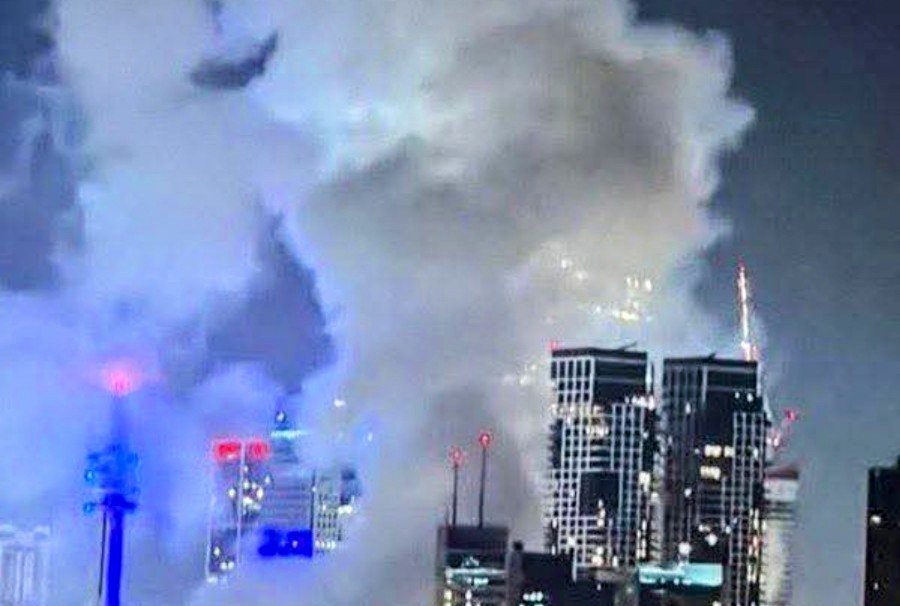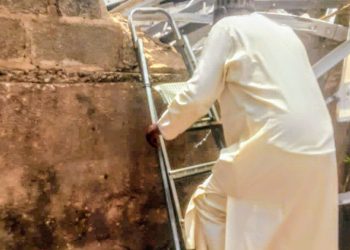Escalating Conflict: Iran Launches New Missile Attacks on Israel.
From Our Correspondent
Iran has launched a new wave of missile attacks on Israel early Monday, resulting in at least three deaths and dozens of injuries, as the deadly confrontation between the two regional powers enters its fourth day with no signs of de-escalation.
Tehran announced it fired around 100 missiles in retaliation for Israel’s surprise attacks last week on its nuclear facilities and military leadership, which Iranian sources report have killed at least 224 people.
In response, Israel has carried out retaliatory airstrikes targeting command centers in Tehran operated by the Quds Force, the elite overseas wing of Iran’s Revolutionary Guard.
“We clearly see that our civilians are being targeted,” stated Israeli police spokesman Dean Elsdunne, speaking from outside a heavily damaged residential building in Petah Tikva, near Tel Aviv.
Authorities confirmed that Iranian missiles struck four locations in central Israel, including residential blocks, causing shattered windows, charred concrete, and families trapped under debris.
Among the deceased in the latest attacks were two women and one man, all in their 70s. Emergency service Magen David Adom (MDA) reported that 74 others were injured, including a 30-year-old woman in critical condition.
Search-and-rescue efforts continued through the morning as emergency responders sifted through the rubble of destroyed buildings.
“When we arrived at the scene of the rocket strike, we saw massive destruction,” said Dr. Gal Rosen, an MDA paramedic who rescued a four-day-old baby from the blaze engulfing the bombed structure.
Iranian Foreign Minister Abbas Araghchi stated on Sunday that Tehran would halt its strikes if Israel reciprocated. However, after a day of intensified Israeli aerial bombardments extending to oil refineries and government offices inside Iran, the Revolutionary Guard issued a defiant warning. “Future responses will be more forceful, severe, precise, and destructive,” a spokesperson declared.
The Israeli military confirmed that its fighter jets struck ten command centers in Tehran used by the Quds Force, which oversees Iran’s external military and intelligence operations.
In Tel Aviv, powerful pre-dawn explosions—likely from Israeli air defense intercepting Iranian missiles—created plumes of black smoke that filled the sky, shaking buildings and prompting civilians to scramble for shelter.
Health authorities in Iran reported that 1,277 people have been injured since the conflict began, though they did not specify how many of those were military versus civilian casualties.
Human rights groups, including the U.S.-based Human Rights Activists, believe the actual toll is much higher, reporting over 400 deaths, including nearly 200 civilians.
Israel defends its military operations as essential to preventing Iran from acquiring a nuclear weapon. While Tehran insists that its nuclear program is for peaceful purposes, international assessments suggest that it has not actively pursued weapons development since 2003. However, recent uranium enrichment to near weapons-grade levels has raised alarm.

















